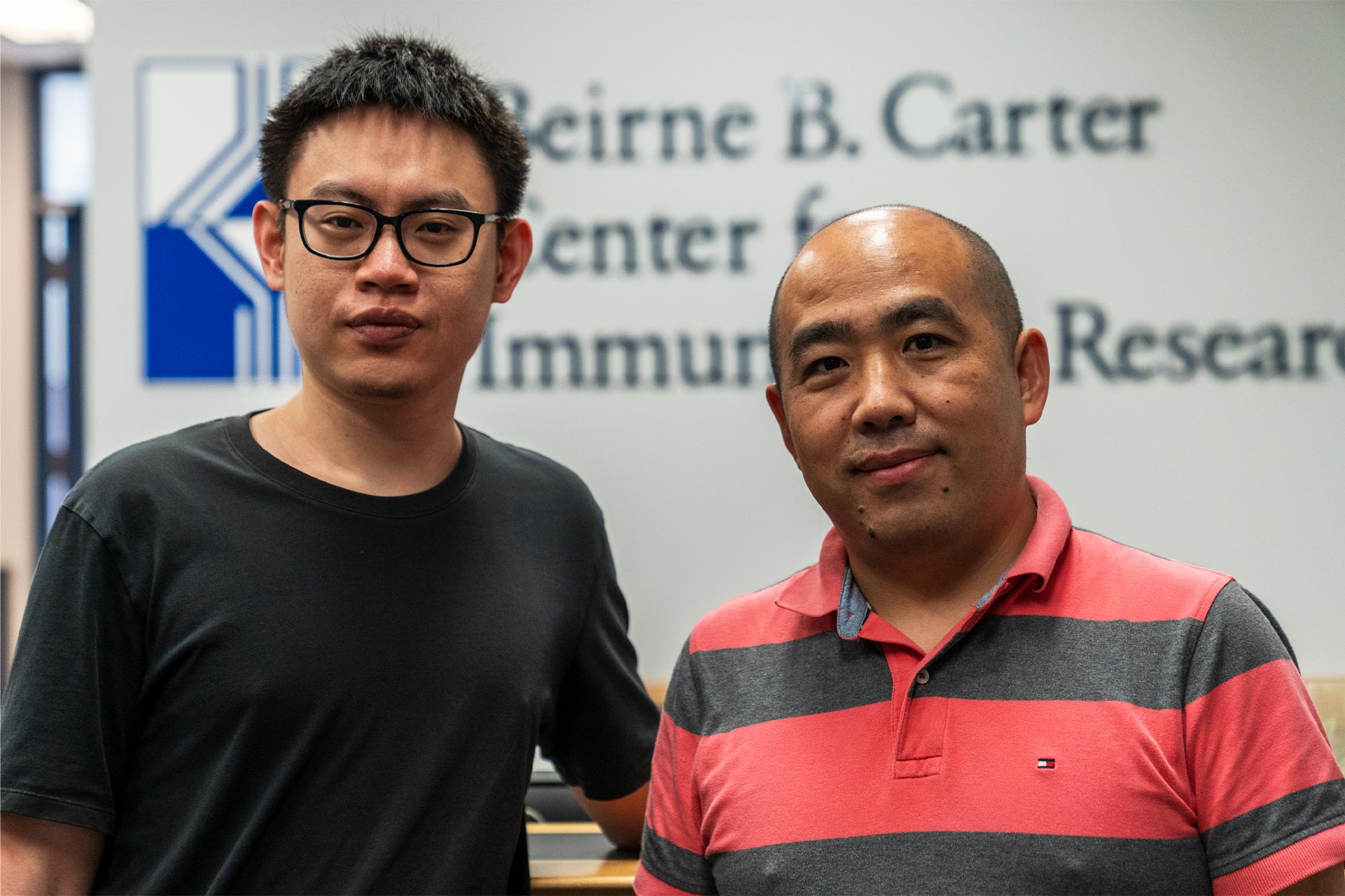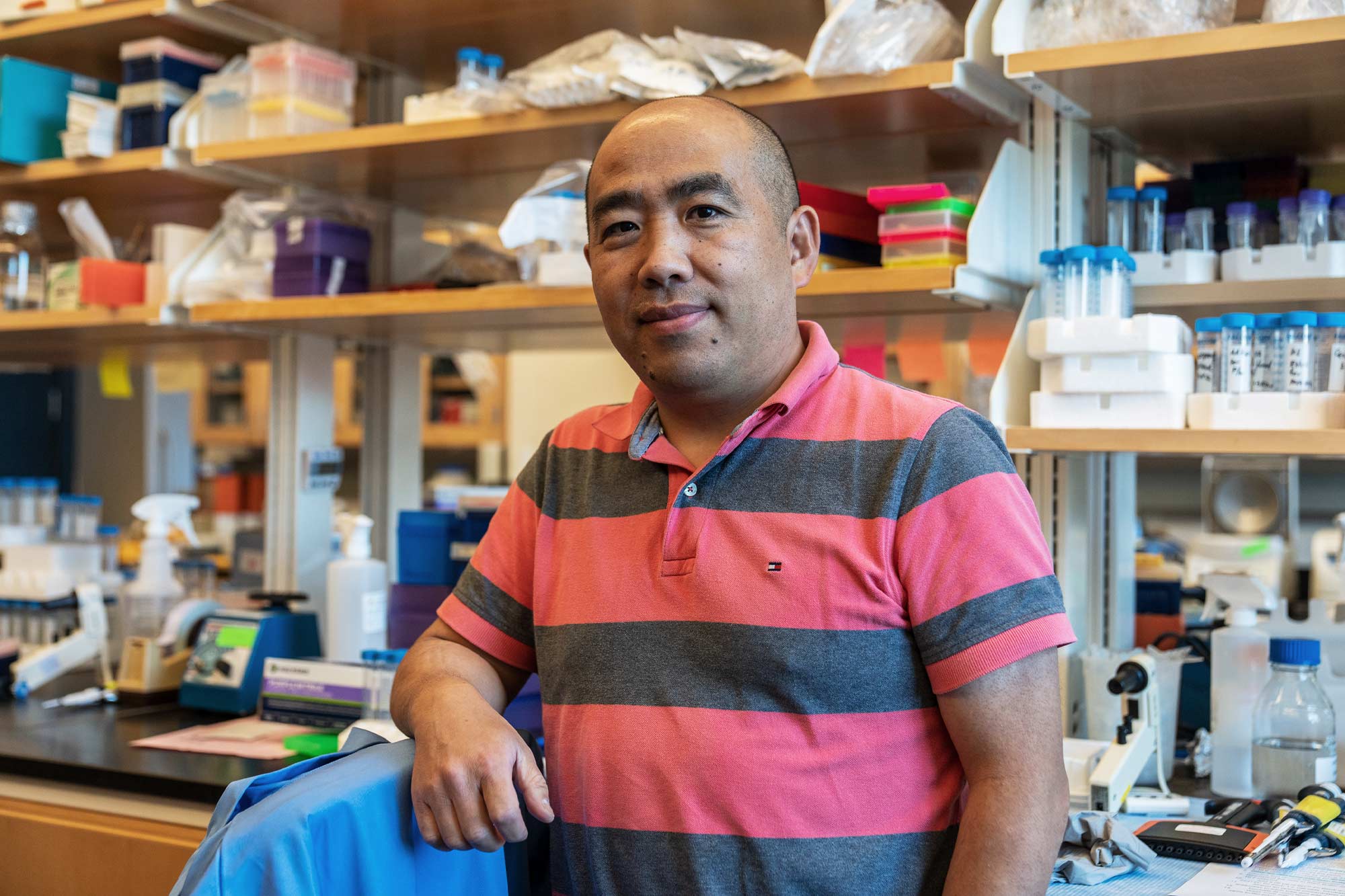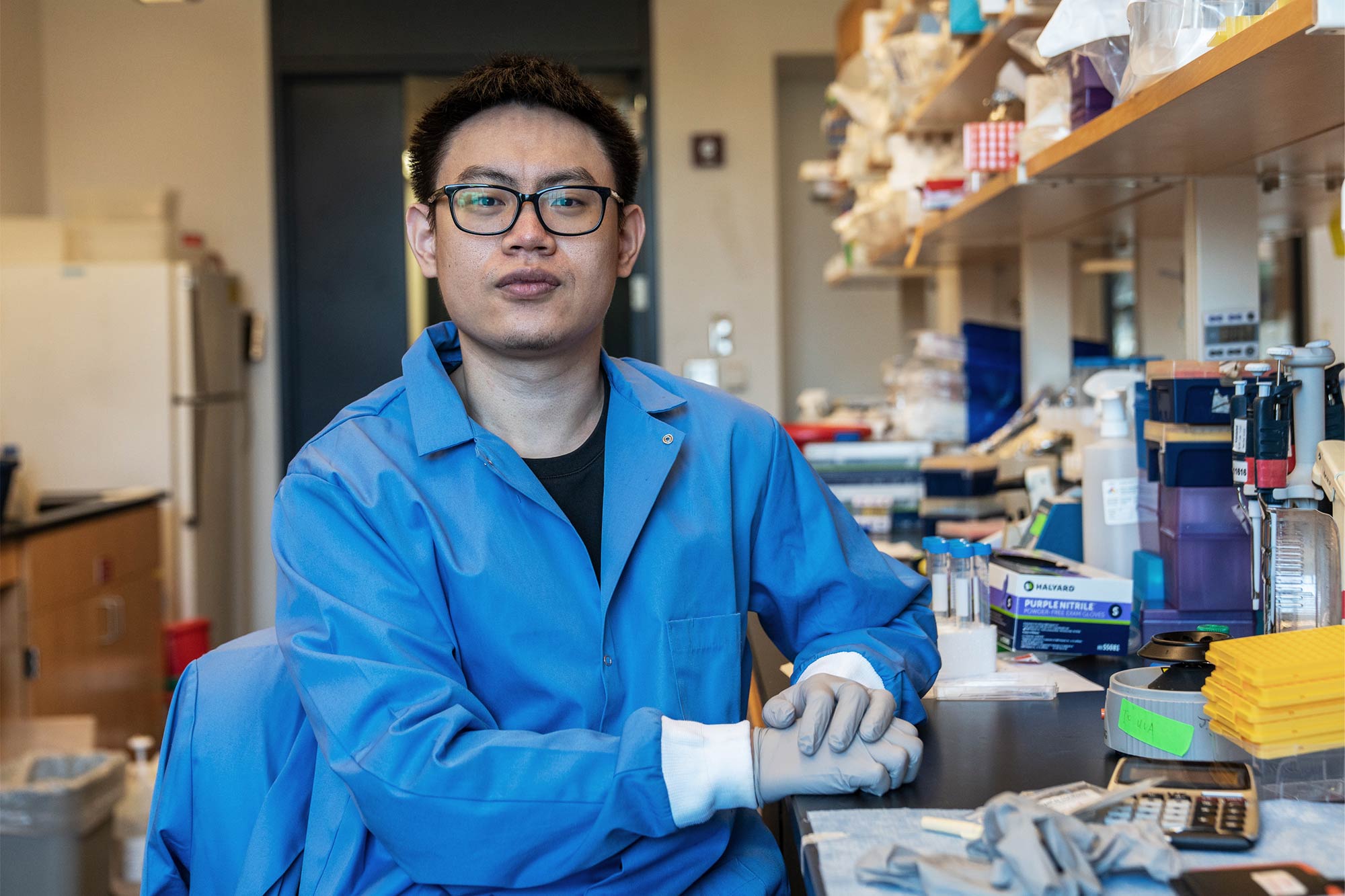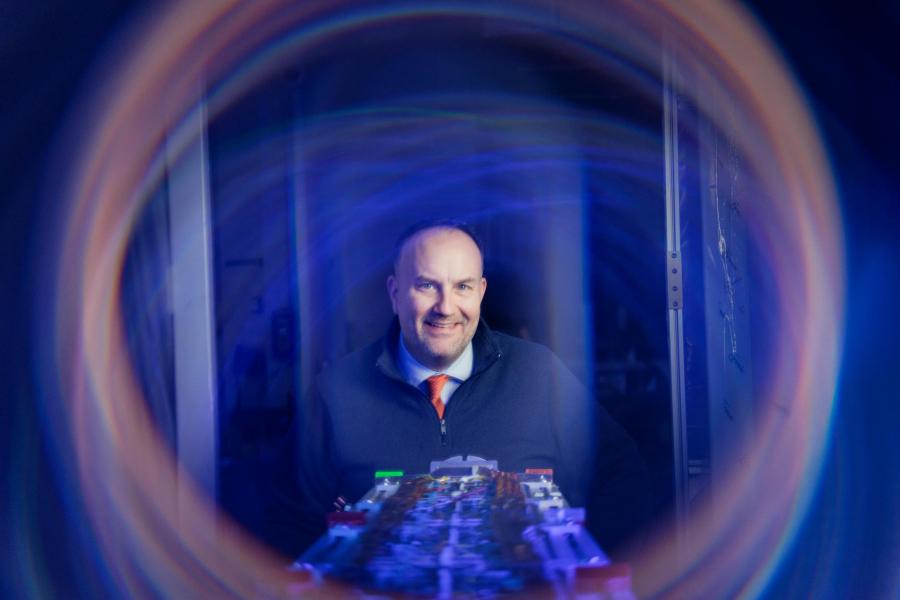However, a separate component of the new research provides hope that vaccinations will soon provide complete coverage.
Mice that were administered a nasally delivered vaccine originating from adenovirus, a relative in the family of cold viruses that expresses the spike protein found in COVID-19, demonstrated “robust neutralizing antibody responses” in combination with mRNA vaccine shots.
“The nasal vaccine provides a mucosal antigen boost to the pre-existing memory of T and B cells that direct immune response, resulting in higher cellular and humoral immunity,” Sun explained.
The uptick was found not only in the bronchi of the lungs, but also as an improvement over the bloodstream’s normal vaccinated response.
And the response was “effective against the ancestral virus as well as the omicron variant,” he said.
The research further validates scientists’ suspicion that greater immunity to the coronavirus can be developed starting where the virus first takes root, the mucus membranes of the nose – perhaps stopping it cold.
In humans, Sun said, “We think the robust antibody responses in the respiratory tract would neutralize the virus immediately upon viral entry when the individual contracts the virus, preventing the establishment of viral infection and subsequent passing of the infection to others.”
Pharmaceutical labs are working on COVID-19 nasal vaccines, but to date, none has been approved for use. A spray would require a weakened version of the live virus. If the live virus is too weak, the spray won’t work. If it’s too strong, people will get sick and the virus will spread.
An adenovirus-based nasal vaccine has also yet to be approved for humans, mainly out of a fear of unwanted side effects. One of them could be Bell’s palsy, a condition that causes muscle weakness in the face. A study found a possible connection after people were vaccinated with an influenza nasal vaccine specially formulated to create a stronger immune response.
“For a nasal vaccine, we do need to be more careful about the safety profiles,” Sun said. “So I think we need a step-up trial from a mouse to human study in the U.S. A human trial has been performed in China already using nasal adenovirus spray, which suggests it is generally safe and can boost good immune responses, but mucosal immunity was not examined.”





